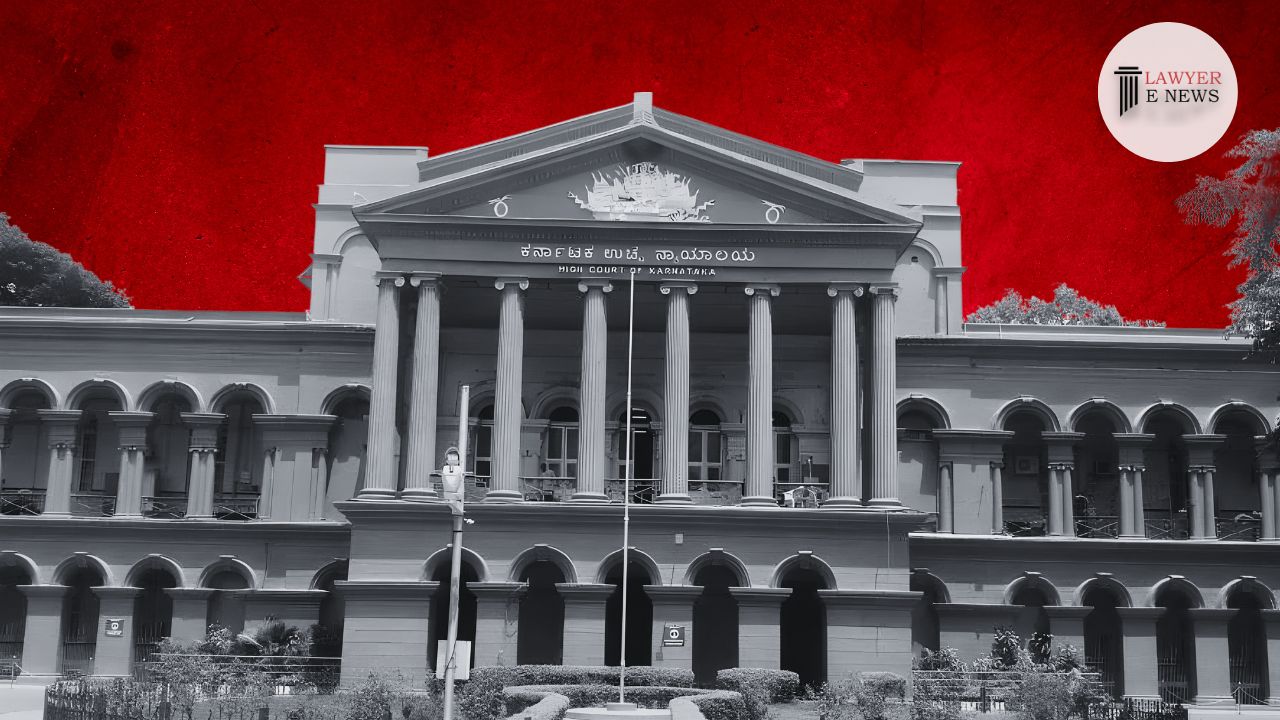-
by Admin
15 February 2026 5:35 AM



The High Court of Karnataka has dismissed a writ petition filed by Mr. Sayed Khalil Ulla Hussaini seeking the implementation of free bus services for voters on polling day and an increase in the number of polling booths for the upcoming Member of Legislative Council election in the North East Graduate Constituency. The case was heard by Justices R. Devdas and J.M. Khazi under Writ Petition No. 12711 of 2024 (GM-RES).
Mr. Hussaini filed the petition as a public interest litigation under Articles 226 and 227 of the Constitution of India. The petitioner sought a writ of mandamus to direct the Chief Electoral Officer and the Regional Commissioner to consider his representations for providing free transportation to voters and increasing polling booths from 160 to a higher number for the election scheduled in 2024. His contention was that such measures would enhance voter participation and uphold democratic principles.
The petition was grounded in:
- Articles 226 and 227 of the Constitution of India, 1950, which empower High Courts to issue certain writs.
- Section 123(5) of the Representation of People Act, 1951, which pertains to corrupt practices in elections.
- Rule 14(1) of the High Court of Karnataka (Public Interest Litigation) Rules, 2018, which governs the filing of PILs.
The court addressed the petitioner's plea for free bus services on polling day, stating that such a provision by the State or Public Transport Corporations would contravene Section 123(5) of the Representation of People Act, 1951. This section explicitly states that providing free transport to voters can be considered a corrupt practice. The court underscored that neither the Election Commission nor any state authority has the power to issue such directives, as it could be misinterpreted as misuse of authority and a breach of the Model Code of Conduct.
Regarding the request to increase the number of polling booths, the court found that the respondents had already addressed this concern. The number of polling booths had been increased from 160 to 195 based on the number of voters and input from the Deputy Commissioner. The court concluded that this enhancement was sufficient and aligned with legal requirements.
The court meticulously analyzed the statutory provisions and the objections raised by the respondents. It observed that the petitioner's request for free bus services was untenable under the existing legal framework. Moreover, the respondents had adequately addressed the issue of polling booth numbers, demonstrating a proactive approach to ensuring voter accessibility.
The use of any public transport vehicle by an elector at his own cost for the purpose of going to or coming from any such polling station shall not be deemed a corrupt practice under this clause."
This reinforced the principle that while voters can use public transport at their own expense, the provision of free transport by the state or other entities would be unlawful.
The High Court of Karnataka's decision to dismiss the writ petition emphasizes adherence to legal provisions concerning election conduct. The judgment ensures that election practices remain free from influences that could be construed as corrupt practices. The court's ruling reinforces the importance of maintaining the integrity of the electoral process.
The petitioner, Mr. Hussaini, may consider appealing the decision if further action is deemed necessary. However, the court's comprehensive analysis and reliance on statutory provisions make an appeal challenging.
Date of Decision: May 16, 2024
Mr. Sayed Khalil Ulla Hussaini vs. The Chief Election Commission of India & Ors.
